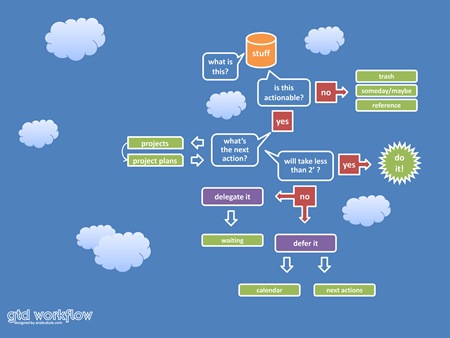
Just read a jarring piece by Malcom Gladwell’s in the latest issue of the New Yorker on the emerging connection between playing football and developing serious brain injury later in life. One study Gladwell cites finds a significantly higher proportion of chronic traumatic encephalopathy (C.T.E.) in the brain, a malady caused by trauma, than in the rest of the population. The problem Gladwell discovers, is in the accumulation of micro-traumas to the brain, rather than the accumulation of concussions as was previously believed.
It’s particularly disturbing to read this article as a football fan. At its best, the sport is a celebration of strength, courage, teamwork, and intelligence. Further, it is deeply woven into the American psyche. Television ratings for American football far exceed that of all other sports. FOX, CBS, NBC and ABC/ESPN have paid hundreds of millions of dollars to secure television deals. Personally, my earliest memories are of watching the Miami Dolphins with my dad. As a 12 year old, I sobbed uncontrollably when the Dolphins gave up a 10 points halftime lead to the Washington Redskins in Super Bowl XVII (damn that John Riggins!!!!) Even academics wax poetic about the muscular ballet of football…check out these two Stanford Humanities professors going on about the aesthetic beauty of the sport.
While it appears that research on brain trauma is in its early stages, it seems the toll the sport takes on its participants is far greater than even they realize. From a policy perspective, it opens up the question of paternalism. When should the state step in to save individuals from themselves? The lure of current riches – both monetary and psychic – draws individuals to enter into contractual arrangements that, in many cases, leaves them worse off than if they had not played. Because they have imperfect information about future outcomes, then exchange future health for current fame and fortune. Should we allow them to?
A more vexing question is whether we as Americans have begun to construe access to football spectating as a social right? Social rights are typically those goods that government provides to help secure our well being. Examples are education, health care, etc. Typically, once Americans consider something a social right, government has a difficult time withdrawing it….see Medicare. Having gone to college in the South as I did, I’d be hard pressed to envision what the vast majority of people would do on a Fall Saturday afternoon if there were no college football to watch. I can’t imagine a politician that would even touch the question of banning football. I’m afraid we have developed such a deep, inviolable attachment to the sport that getting rid of it would be akin to getting rid of universal public education? I say this as someone who still watches the Miami Dolphins and marvels at the brilliance of the wildcat offense. But now when I watch, I’ll do it with both admiration and apprehension.







